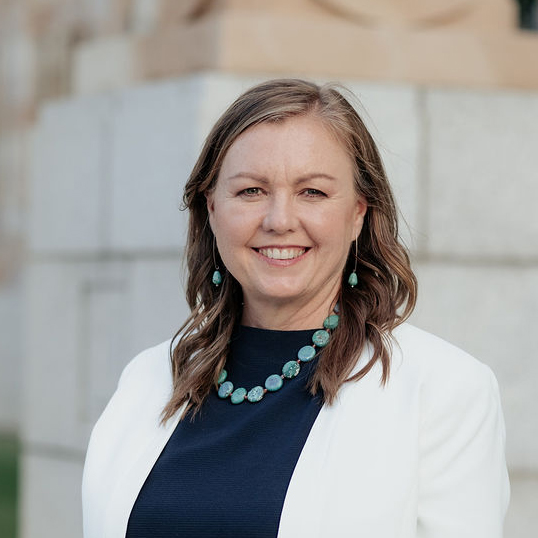As medicine increases its focus on outcomes and precision, it is important that we also champion and protect the clinical skills that facilitate whole person care. So many people have experienced childhood trauma and neglect, and yet their stories can go largely unnoticed by current biotechnical approaches in medicine.
As a General Practitioner (GP) caring for adult survivors of trauma and neglect, I have helped many patients who had previously been given physical and mental diagnoses without any attention to their life story. This is why my research and teaching is focused on defining and refining clinical skills, so more clinicians can be trained to see hidden suffering and offer healing to patients. I hope this will support ‘whole person’ care being treated with the same level of importance as biomedical excellence.
Seeing the whole person requires sophisticated skills that some call ‘generalism in medicine’. It requires a broad approach that integrates relational, contextual and meaningful information into physical health, and is complex work that looks simple when done well. Generalism in medicine protects clinicians and medical researchers against extreme focus on technical precision, which can blind them to seeing the whole person, directly impacting care. As a patient once said to me, “I have been in this hole for so long and no one else has considered asking me about what you are looking at now.”
Some people think generalism in medicine is the opposite to specialisation, but that is not correct. In medicine, it is possible to be a specialist and have a ‘generalist gaze’ when treating patients. So many professions cross disciplinary boundaries, think in systemic ways, care for whole families, and work on the frontline where generalist approaches are required to offer quality care.
International research describes generalism in medicine as ‘expertise in whole person care’ that offers breadth, depth, and length of care. It is understood as a way of being, knowing, perceiving, thinking and doing that values narrative, complexity, relationship, and scholarly wisdom.
First Nations wisdom also sees a person and their health as intricately intertwined with community and country. This research, and others on social and emotional wellbeing, confirms the message that people need to be treated as a whole person because health is affected by relationships, context and meaning.
My research names generalist medicine as a ‘craft’ – a way of being that a clinician can learn, refine and master. It’s a philosophical approach that uses wisdom and discernment to integrate knowledge from both biomedicine and the social sciences. This knowledge management and clinical approach requires a broad Whole Person Scope, a Relational Process, a Healing Orientation, and Integrative Wisdom. It also uses practical skills in each consultation of Broad Awareness, Respectful Connection, Capable Engagement, Owning Yourself and Calm Sense-Making. It also offers insights that may inspire the health sector to value the generalist gaze and the complexity of this work.
In a health policy landscape where objective measurements and episodic care are highly valued, a lack of funding and respect for the generalist approach has resulted in some clinicians doubting the value of their work and not choosing generalist professions. This is why it’s important to name and define generalist medicine, so we can protect, defend and hone this important aspect of medical care.
For me, providing generalist care is a joy. It requires whole-hearted sensitivity to see a person’s strengths and fears - where they live, work and learn. It is such a privilege to be entrusted with a person’s stories of pain and joy and walk with them towards healing.

Dr Johanna Lynch is a Senior Lecturer with the UQ Faculty of Medicine’s, General Practice Clinical Unit. Read more about her latest research.
